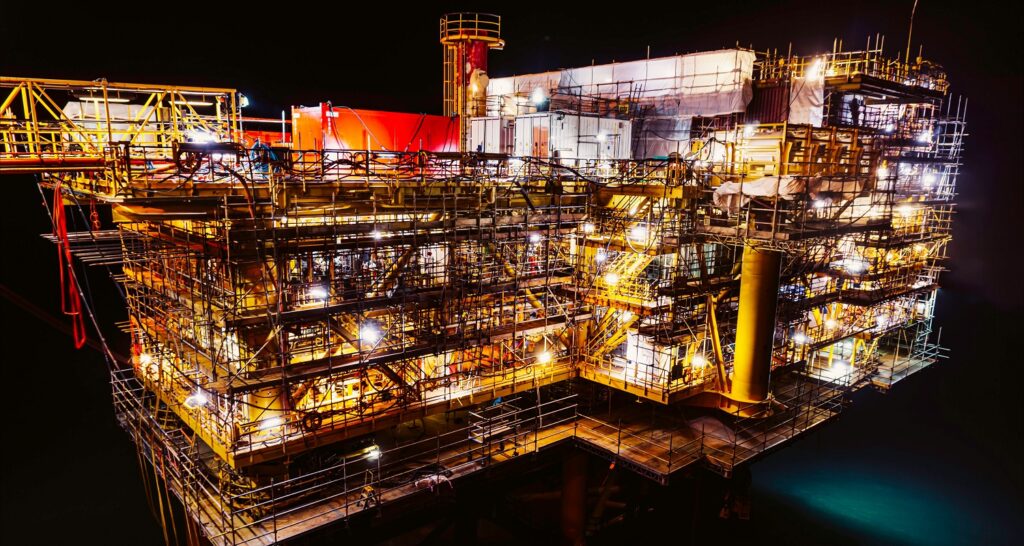Nigeria’s oil industry is largely controlled by the government-owned Nigerian National Petroleum Company (the NNPC) via join ventures (JVs) and production sharing contracts (PSCs) with international oil companies (IOCs). The government has an average of 60 percent ownership interest in JVs with IOCs, which account for the majority of the country’s crude oil production. It is no secret that this government has suffered from corruption, and its close links with the NNPC means that the oil industry has also suffered. A recent PwC report recommended an urgent overhaul of the way that Nigeria manages its oil industry. The report, among other things, raised questions about the legality behind several multibillion dollar transactions conducted by the NNPC and found a discrepancy of more than $2 billion in the total value of crude oil sales—making the financials of the company barely auditable.
Another issue stifling the industry is uncertainty over the passing of the Petroleum Industry Bill, which was first proposed in 2008 but is still not sanctioned. Controversy over several of its provisions (mainly relating to tax and government participation) has delayed the passing of the Bill. For example, one of the proposed drafts would increase the government’s share of production revenue from deepwater projects, which have traditionally contained more favorable fiscal terms for IOCs than onshore/shallow water projects. Many IOCs, therefore, view the proposed changes as making deepwater projects commercially unviable. According to a recent US Energy Information Administration report, well under half of planned deepwater oil projects are currently sanctioned by IOCs due to this uncertainty.
Many IOCs also consider onshore/shallow water projects to be commercially unviable. This is mainly due to the financial challenges posed by operating their assets as JVs with the NNPC and also due to the large scale oil theft/pipeline vandalism (an estimated 100,000 barrels of oil is stolen daily) that plagues much of these onshore and shallow water assets. A large proportion of IOCs have therefore been divesting their interests. A recent PwC article estimates that by the end of 2015, IOCs will have sold at least 250,000 barrels per day worth of equity in onshore and shallow water producing assets in the Niger delta region. This is great news for indigenous oil companies as it provides an opportunity to participate in the upstream sector. The divestments may also be good for the country’s deep water sector if IOCs consider such projects to be a viable alternative. However, uncertainty surrounding fiscal provisions for deep water projects may mean that the presence of IOCs will diminish in both the onshore and offshore sectors.

